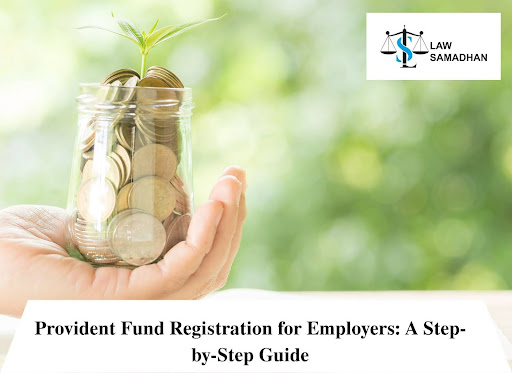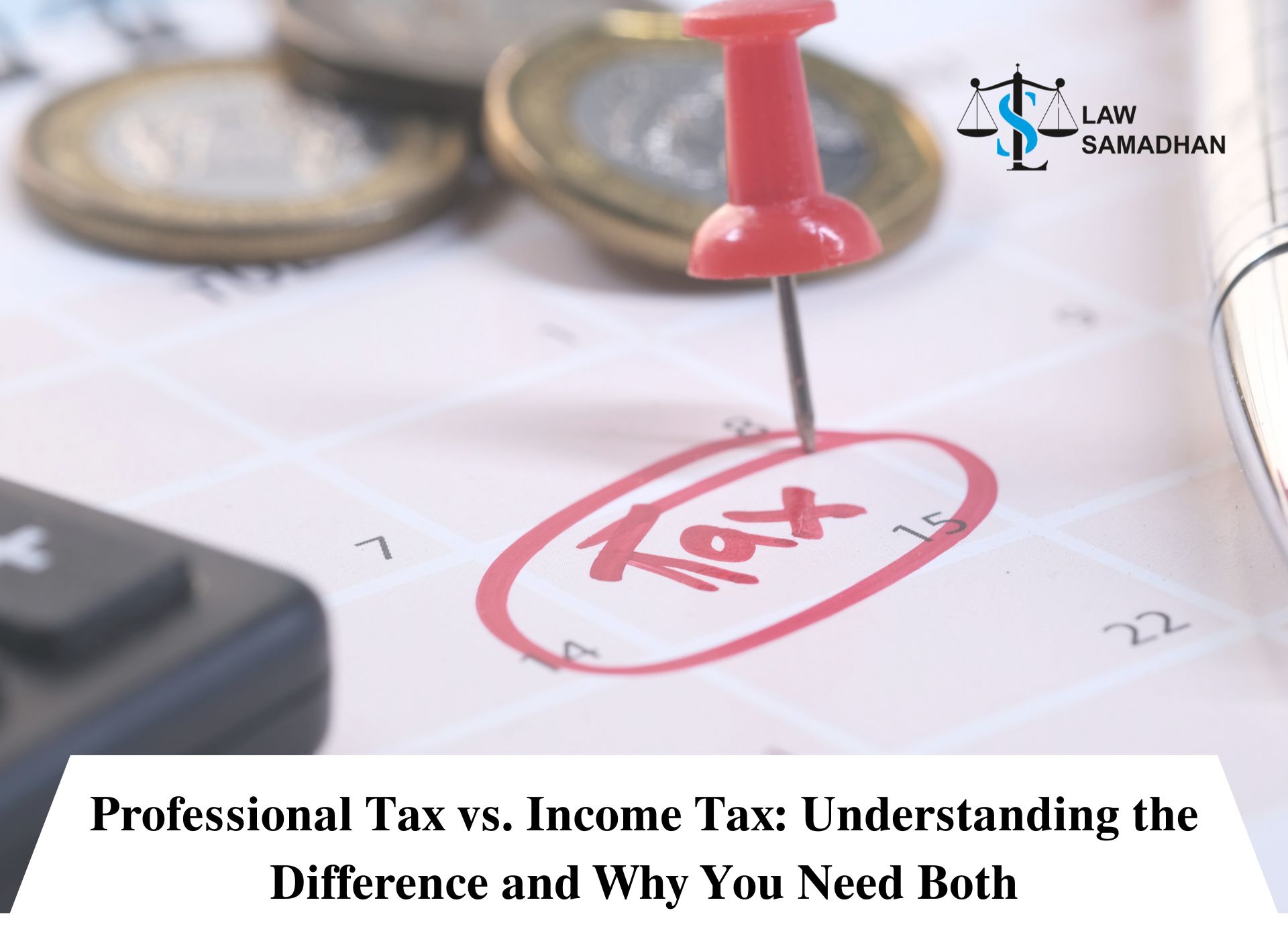Choosing the right business structure is crucial for any aspiring entrepreneur. Among the most common business structures are private limited companies and public limited companies. Each offers distinct advantages and is governed by specific laws. In this blog, we will explore the definition and purpose of both company types, understand their registration processes, and highlight the tax benefits associated with each. Additionally, we will discuss the governing laws that regulate these companies and address some frequently asked questions to help you make an informed decision.
Definition and Purpose
Private Limited Company:
A private limited company is a business entity characterized by its limited liability and restricted ownership. It is suitable for small to medium-sized businesses with a limited number of shareholders. The primary purpose of a private limited company is to provide the advantages of limited liability while allowing for a more manageable and confidential business operation.
Public Limited Company:
A public limited company, on the other hand, is a larger entity that can offer shares to the public through a stock exchange or other securities market. Its primary purpose is to raise substantial capital from a broad range of investors to finance ambitious projects and expand its operations.
Tax Benefits
Private Limited Company Tax Benefits:
- Lower Tax Rate: Private limited companies enjoy a lower tax rate compared to other business structures, promoting tax efficiency.
- Deductible Expenses: Business-related expenses are deductible, reducing the overall tax liability.
- Limited Liability Protection: Shareholders’ personal assets are protected from business debts, ensuring limited liability for the company’s obligations.
Public Limited Company Tax Benefits:
- Tax Deductible Expenses: Similar to private limited companies, public limited companies can deduct business expenses from their taxable income.
- Corporate Tax Rate: Public limited companies are subject to the corporate tax rate applicable to their income bracket.
- Limited Liability: Shareholders are not personally liable for the company’s debts, providing them with limited liability protection.
Governing Laws
Private Limited Company:
The Companies Act, 2013, governs the formation and operations of private limited companies in India. The act outlines the legal framework, compliance requirements, and procedures for private limited companies.
Public Limited Company:
Public limited companies are regulated by the Companies Act, 2013, which sets out the legal framework for their incorporation, management, and operations. Additionally, public companies are subject to the Securities and Exchange Board of India (SEBI) guidelines for listing on stock exchanges.
How Can Law Samadhan Help You?
Law Samadhan is a legal service platform that can assist businesses with various legal matters, including company registration and compliance. They offer the following services:
- Business Registration: Law Samadhan can help entrepreneurs register both private limited and public limited companies efficiently and according to legal requirements.
- Compliance Support: They provide assistance in ensuring that businesses comply with all legal and regulatory obligations, avoiding penalties and legal issues.
- Legal Consultation: Law Samadhan offers expert legal advice to businesses on matters related to company law, taxation, intellectual property, and more.
- Documentation Services: They assist in preparing and filing necessary legal documents required for various company-related processes.
- Dispute Resolution: Law Samadhan helps resolve legal disputes through mediation, arbitration, and litigation services.
Frequently Asked Questions (FAQs)
Q: What is the main advantage of a private limited company?
A: The primary advantage of a private limited company is limited liability, which protects the personal assets of shareholders from business debts.
Q: Can a private limited company issue shares to the public?
A: No, private limited companies cannot offer shares to the public; they can only have a maximum of 200 members.
Q: How many directors are required to start a private limited company?
A: A minimum of two directors is required to form a private limited company.
Q: Can a public limited company operate with only one director?
A: No, a public limited company must have at least three directors.
Q: What is the process for offering shares to the public as a public limited company?
A: Public limited companies can offer shares to the public through an initial public offering (IPO), where shares are listed on a stock exchange for public trading.
Q: Are there any additional compliance requirements for public limited companies compared to private limited companies?
A: Yes, public limited companies have more extensive reporting requirements, including the preparation and publication of annual reports and financial statements for public scrutiny.
Q: Can a public limited company convert into a private limited company?
A: Yes, a public limited company can be converted into a private limited company by following the legal process and obtaining approval from shareholders and regulatory authorities.
Conclusion:
Choosing between a private limited company and a public limited company involves considering factors such as the size of the business, funding requirements, compliance responsibilities, and long-term objectives. Private limited companies offer limited liability and greater flexibility, making them ideal for smaller ventures. On the other hand, public limited companies attract a broader range of investors and can raise substantial capital for ambitious expansion plans. Understanding the differences and implications of each company type is essential to make an informed decision that aligns with your business goals.






